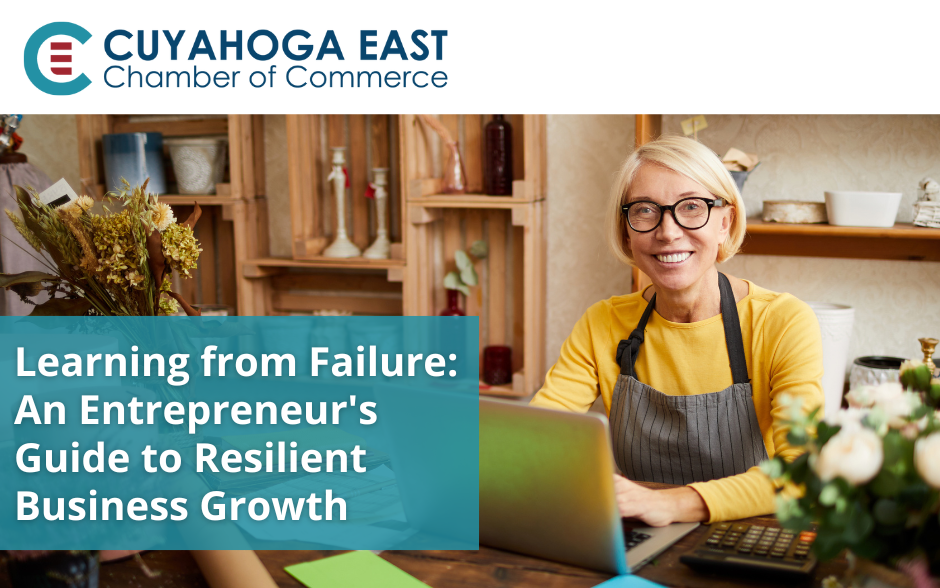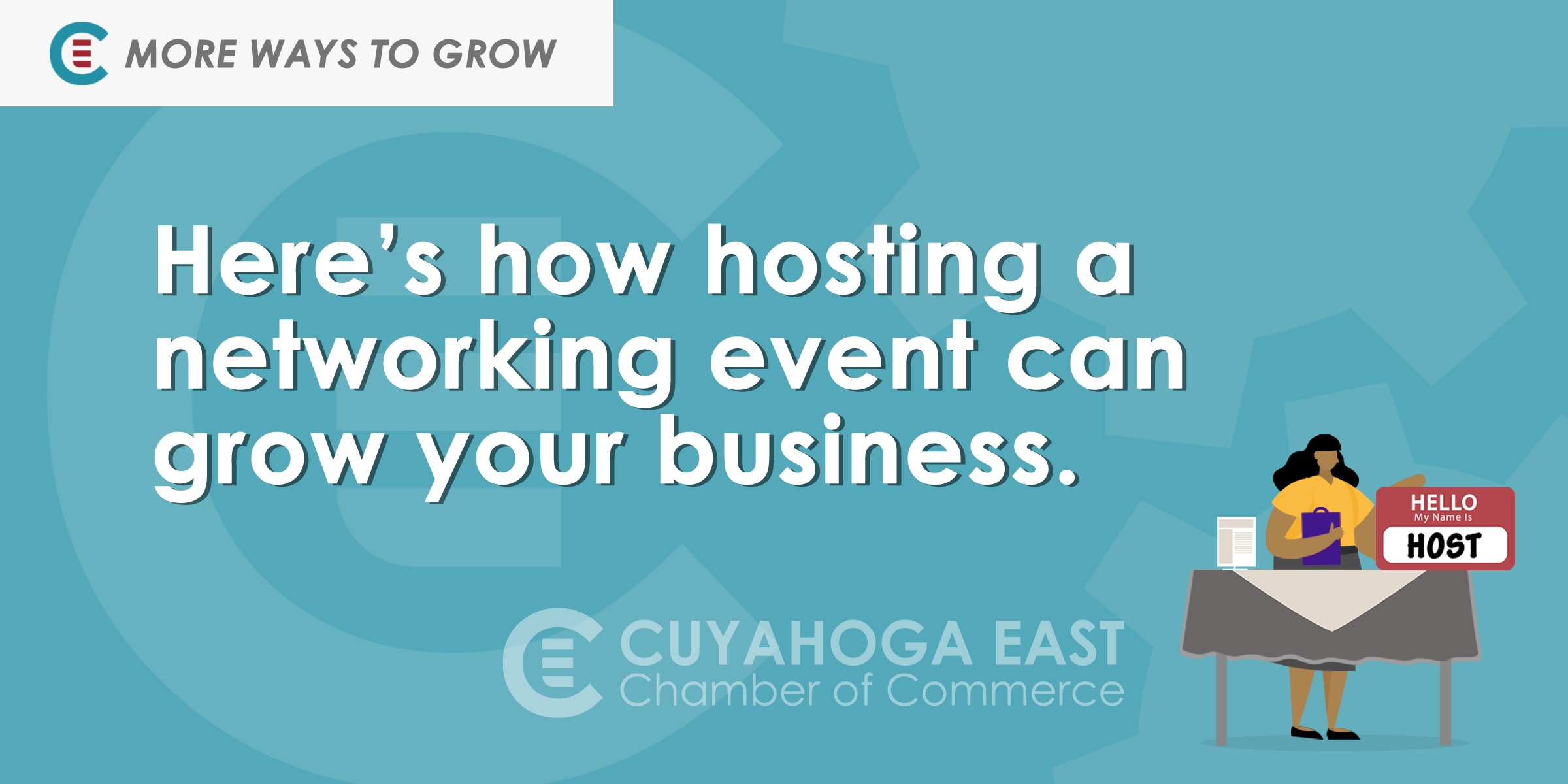Growing Your Business By Learning from Failures

Failure is often seen as a negative outcome in the world of business, but it can also be a powerful catalyst for growth and success. Entrepreneurs who embrace failures as valuable learning opportunities can gain invaluable insights that can shape their strategies, refine their approaches, and lead to new opportunities for growth.
What are the common reasons for business failures? What can be learned from these experiences?
Investopedia’s research says running a business is not for the faint of heart; entrepreneurship is inherently risky. Successful business owners must possess the ability to mitigate company-specific risks while simultaneously bringing a product or service to market at a price point that meets consumer demand. Here are some challenges that may arise:
- Financing Hurdles – A primary reason why small businesses fail is a lack of funding or working capital. Owners of failing companies are less in tune with how much revenue is generated by sales of products or services.
- Inadequate Management – Without a dedicated management team, a business owner has greater potential to mismanage certain aspects of the business, whether it be finances, hiring, or marketing.
- Ineffective Business Planning – A sound business plan should include:
-
- A clear description of the business
- Current and future employee and management needs
- Opportunities and threats within the broader market
- Capital needs, including projected cash flow and various budgets
- Marketing initiatives
- Competitor analysis
What mindset and approach should entrepreneurs adopt to view failures as opportunities for learning and growth, rather than setbacks?
Forbes says a growth mindset is a belief that your efforts and those of other people will lead to success in business. It does not matter if this path is an “uphill battle” or a” downhill sprint.” A growth mindset encourages you to overcome obstacles and view setbacks as opportunities. Here’s how to adopt a growth mindset:
- Reflect On Failure: Failure in business should not be viewed as the end of the world. Instead, it should be seen as a lesson to help future entrepreneurs become better at their craft.
- Build Resiliency: It is important to be prepared for difficult times and prepare yourself for failures. Many people often tend to forget that they need to be resilient in tough situations. If you are to be successful in the business world, you need to be willing to face conflict and use negotiation skills to solve problems.
- Anticipate Risk: Entrepreneurship is a risky endeavor. To grow your business successfully, it is imperative that you are willing to take calculated risks and that you develop a growth mindset. growth-minded entrepreneurs know that there is always a risk in business, but they are prepared to deal with this risk.
3 Lessons to Learn from Leading Entrepreneurs
Top Universities notes that entrepreneurs come from many different walks of life and span every industry, product type, generation and culture. But what all of these entrepreneurs have in common is the steep learning curve to success, with many lessons being learned along the way. Here are a few examples:
- Hiten Shah, co-founder of the hugely successful analytics platform KISSmetrics, launched many failed products. He say his biggest failure was spending $1 million of his own money on a web-hosting company that never even launched.
- Take-away: Accept that failure is par for the course, but accepting and learning from your failures is paramount.
- Dr. Barry Nalebuff, founder of Honest Tea, launched his business when he saw a gap in the beverage market. He found water to be boring, soda to be too sugary and diet drinks to be unhealthy. He teamed up with a former student to launch a new venture.
- Take-away: Many new ventures are created out of existing consumer problems, so keep your eyes open for business opportunities at all times.
- Jack Nickell, founder of Threadless, a community website that votes for designs uploaded by artists, launched the company due to his passion for being creative. Threadless was a side-project for Jack for four years during college before it became his full-time job.
- Take-away: Do what you love. Make things. Pursue your hobbies. You don’t always need to have a plan about where it’s going to lead, or be good at it, just as long as you enjoy the process.
CuyEast Chamber is a place for our Regional + Local business community to thrive. Share your thoughts, insights, and feedback with other business owners. Follow CuyEast on Facebook and LinkedIn.
Share This Story, Choose Your Platform!
Other CuyEast News
If you enjoyed reading this, then please explore our other articles below:
Put the spotlight on your business story. Here’s how.
If you feel you’ve reached a ceiling with your press releases and blogs, there’s another way you can gain exposure [...]
Take advantage of free resources to publish your business content.
Your business is in luck if it has a marketing or public relations department, or an individual who can [...]
Here’s how hosting a networking event can grow your business.
Hosting a networking event gets people in the door and gives you the spotlight if you’re looking to raise awareness [...]
Giving customers deals & discounts still works. Here’s why.
One way to retain your customers and keep them engaged with your products is by offering regular deals and discounts. [...]



